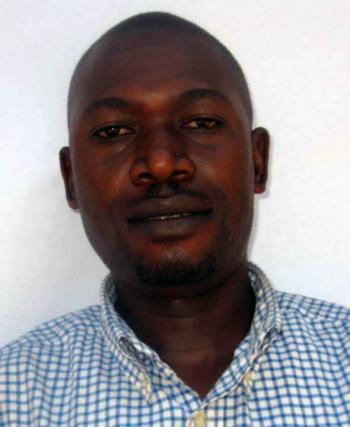Posted on May 16, 2011

Uganda is witnessing a rebirth of cultural identity and diversity as evidenced by many little known community initiatives to preserve and promote ethnic cultures cropping up. Currently, there more than twenty Community Museums spread across Uganda stretching from Moroto, the home of the Karamoja Women Cultural Group Museum to Kabale the home of Edirisa museum, which is motivated by the desire to promote the traditional Kikiga homestead and to the Peace Museum which promotes the traditional methods to resolve conflicts. There are other similar initiatives in Wakiso (Kawere African Museum), Isingiro (Ankore Cultural Drama Actors Museum), Jinja (Cultural Research Center Museum) and Soroti (Iteso Cultural Union Museum). These initiatives are now being promoted both at national and regional levels (refer to the East African Newspaper of 4th -10th April 2011)
Despite these efforts to conserve and develop Uganda's heritage resources, we witness continued destruction and neglect of significant monuments, sites and other aspects of our heritage. This could be attributed to a number of factors including but not limited to: i) a lack of awareness of the existence of this heritage and its cultural and historical significance locally and internationally; ii) limited political will to develop the culture sector; iii) the lack of relevant and updated legal instruments for heritage protection; iv) negative perceptions of culture as backward, and v) the challenges that modern development and globalization present.
The legal framework meant for the protection and development of our heritage resources seems to be obsolete and rarely applied. The Historical Monuments Act of 1967 for instance, has hardly been enforced. On many occasions it has remained silent on the demolition of historical buildings and it has not helped the deplorable state of Uganda's heritage sites. A case in point is Captain Lugard's Fort on the old Kampala hill which has been replaced by the Gaddafi Mosque. The fort was a historical monument representing Uganda's colonial history. The monetary penalties prescribed in the Act have been made ineffective by the current low value of the Ugandan currency. The penalty, in our current law, for the destruction of a historical monument is UGS. 2, 000/= only
Therefore, the impending demolition of the only national museum in Uganda will further aggravate the situation. It will have negative implications to efforts to conserve heritage resources especially by the private museums which have been consulting the national museum for technical and other types of support.
The national museum is a national treasure. It preserves and presents the diversity of cultural expressions from most of Uganda's ethnic groups as represented by the different vernacular architectural designs of the cultural village behind the national museum. This has inspired many Ugandans to preserve and promote their cultures. I remember General Elly Tumwiine personally participating in the construction of the Ankole Hut. Will he be happy if his efforts are washed down if the museum and the cultural village are demolished?
The Construction of the proposed East Trade Center is scheduled to take about 30 years. This will create an irreparable gap in the minds of Ugandans for them to remember their cultural heritage.
Lastly, to preserve and transfer whatever is in the current museum building 30 years from today, will deprive Ugandans of their right to appreciate and enjoy the diversity of their cultural heritage.
Frederick Nsibambi is a Heritage Consultant with the Cross-Cultural Foundation of Uganda, email: {encode="Demolishing the Uganda National Mnda" title="ccfu@crossculturalfoundation.or.ug"}